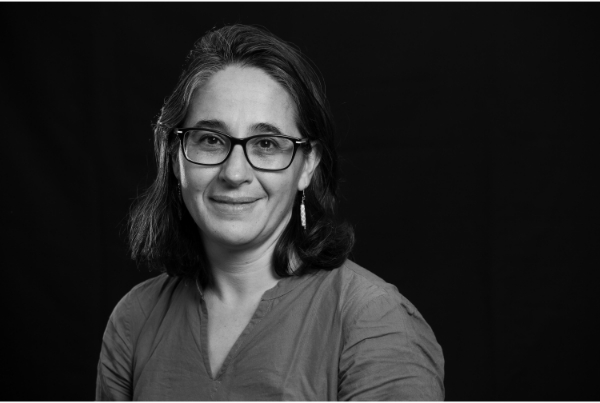Victoria Reyes-García joined the first ever UNESCO-IPCC-ICOMOS meeting to strengthen synergies between culture and climate change science
Strengthening synergies between culture and climate science in the common fight against climate change was at the centre of the first ever meeting organised jointly by the United Nations Educational, Scientific and Cultural Organization (UNESCO), the Intergovernmental Panel on Climate Change (IPCC) and the International Council on Monuments and Sites (ICOMOS) from 6 to 10 December 2021.

The virtual International Co-sponsored Meeting on Culture, Heritage and Climate Change brought together scientists and experts to explore linkages between culture and heritage, climate science and climate action. The objective was to advance heritage and culture-based actions for climate change adaptation and carbon mitigation.
Climate change represents one of the greatest threats to culture and heritage today, from fires, floods, and droughts, to the loss of living heritage practices and traditions. At the same time, culture has the potential to provide creative solutions and mitigation to these mounting challenges. Traditional, pre-carbon land- and water-management practices can provide a roadmap to post-carbon futures, while cultural practices and heritage places serve as psychological and physical refuges for communities during and after emergencies. Yet, culture and heritage have received limited attention in global climate science and responses thus far.
Jyoti Hosagrahar, Deputy Director World Heritage Centre, UNESCO, highlighted that “Culture and heritage are invaluable resources that provide solutions and must be fully recognized and engaged in effective climate action. UNESCO is delighted to join hands with other institutions to further this important goal.”
The meeting explored the critical cultural/natural heritage-climate change nexus and marks an important opportunity to mobilise knowledge that could help us create an equitable low carbon and climate resilient future.
The meeting brought together over one hundred, gender-balanced experts from 45 countries across all regions and will bring research, expertise, and insights from wide disciplines. This meeting aimed to establish a scientific merit to integrate cultural dimensions in climate action through three key areas: (1) vulnerability and understanding risks, (2) intangible cultural heritage, diverse knowledge systems and climate change, and (3) the role of cultural and natural heritage for climate action. In preparation for the event, three white papers have been commissioned to explore these axes and these will act as conversation starters for the event. Participants also had the opportunity to present their own research at the Meeting.
Prof. Victoria Reyes-García, ICREA Researcher at ICTA-UAB attended this meeting and participated in the elaboration of the white paper on intangible cultural heritage, diverse knowledge systems and climate change. “To date, responses to climate change exclusively informed by science have had limited success. This has prompted calls for a paradigm shift in the way we tackle climate change, including proposals to build and expand collaborative approaches among knowledge systems. This meeting is very important because gaved us a first-time-ever opportunity to explore how the inclusion of multiple and diverse knowledge systems can informing policy, science, and social action to preserve our common heritage in the face of climate change”, said Reyes-García.